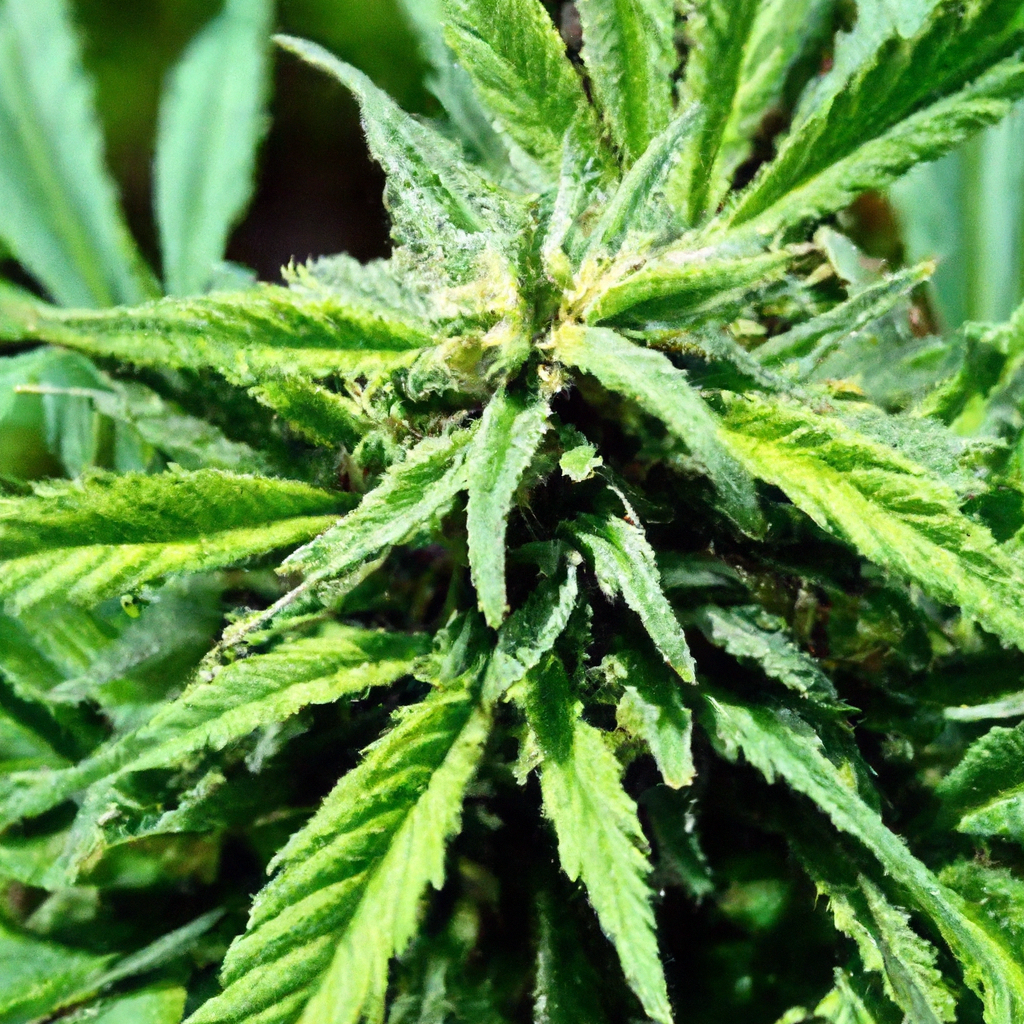Your cart is currently empty!
Introduction
As the demand for sustainable agriculture grows, organic cannabis cultivation has emerged as a favored practice among eco-conscious growers. Utilizing natural fertilizers, compost, and effective pest control methods not only benefits the environment but also enhances the quality of the cannabis produced. This guide will explore best practices for organic cultivation, ensuring a healthy crop and a sustainable operation.
Understanding Natural Fertilizers and Compost
Natural fertilizers and compost are essential components of organic cannabis cultivation. They not only provide essential nutrients to the plants but also help build a robust soil ecosystem. Here are some tips for using natural fertilizers effectively:
- Compost Basics: Start with a healthy compost pile using kitchen scraps, leaves, and grass clippings. Regular turning helps maintain aeration and speeds up decomposition.
- Organic Nutrient Sources: Use plant-based fertilizers like alfalfa meal and kelp to provide essential nutrients without synthetic additives.
- Improving Soil Structure: Incorporate cover crops such as clover or legumes which fix nitrogen, enhancing soil fertility naturally.
Natural Pest Control Methods
Preventing pests without synthetic chemicals requires an understanding of natural balance. Implement these sustainable pest control strategies:
- Companion Planting: Use plants like marigolds and basil that repel common pests naturally through their aromatic properties.
- Beneficial Insects: Introduce bugs like ladybugs and lacewings that feed on harmful pests, keeping them in check effortlessly.
- Natural Sprays: Create homemade sprays using neem oil or garlic extracts to deter pest infestations without harming beneficial insects.
Building a Healthy Soil Ecosystem
Soil health is the cornerstone of successful organic cultivation. Focus on these practices to build and maintain a thriving soil ecosystem:
- Soil Testing: Regular soil tests help monitor pH levels and nutrient balance, ensuring conditions are optimal for cannabis growth.
- Soil Amendments: Use rock dust, bone meal, or worm castings to enrich the soil with trace minerals and organic matter.
- Mulching: Apply a layer of organic mulch to conserve moisture, regulate soil temperature, and prevent weed growth.
Conclusion
Organic cannabis cultivation offers both environmental benefits and superior quality yields. By adopting natural fertilizers, effective pest management, and fostering a vibrant soil ecosystem, growers can enhance sustainability and promote a healthier crop. Embrace these practices to contribute to a greener future and ensure quality cannabis production.


Leave a Reply